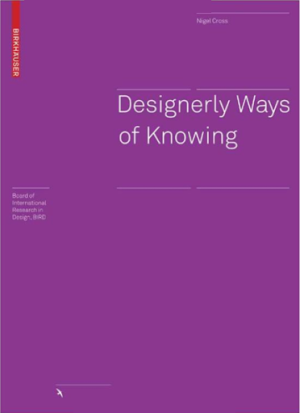What can routers at Centre Pompidou teach us about software evolution?
Back in June, I was in Paris for the NewCrafts conference to talk about the growing opacity of software systems. This was fun, partly because NewCrafts is a fantastic conference (you can already get your tickets for 2024!) and also partly because my talk (arguing against many established "good engineering" practices) was in many ways arguing for the exact opposite than one of the keynotes, leading to many interesting conversations.
While in Paris, I also visited the famous Centre Pompidou. Perhaps to the dismay of many modern art lovers, I spent a lot of time staring at the ceiling looking for routers.
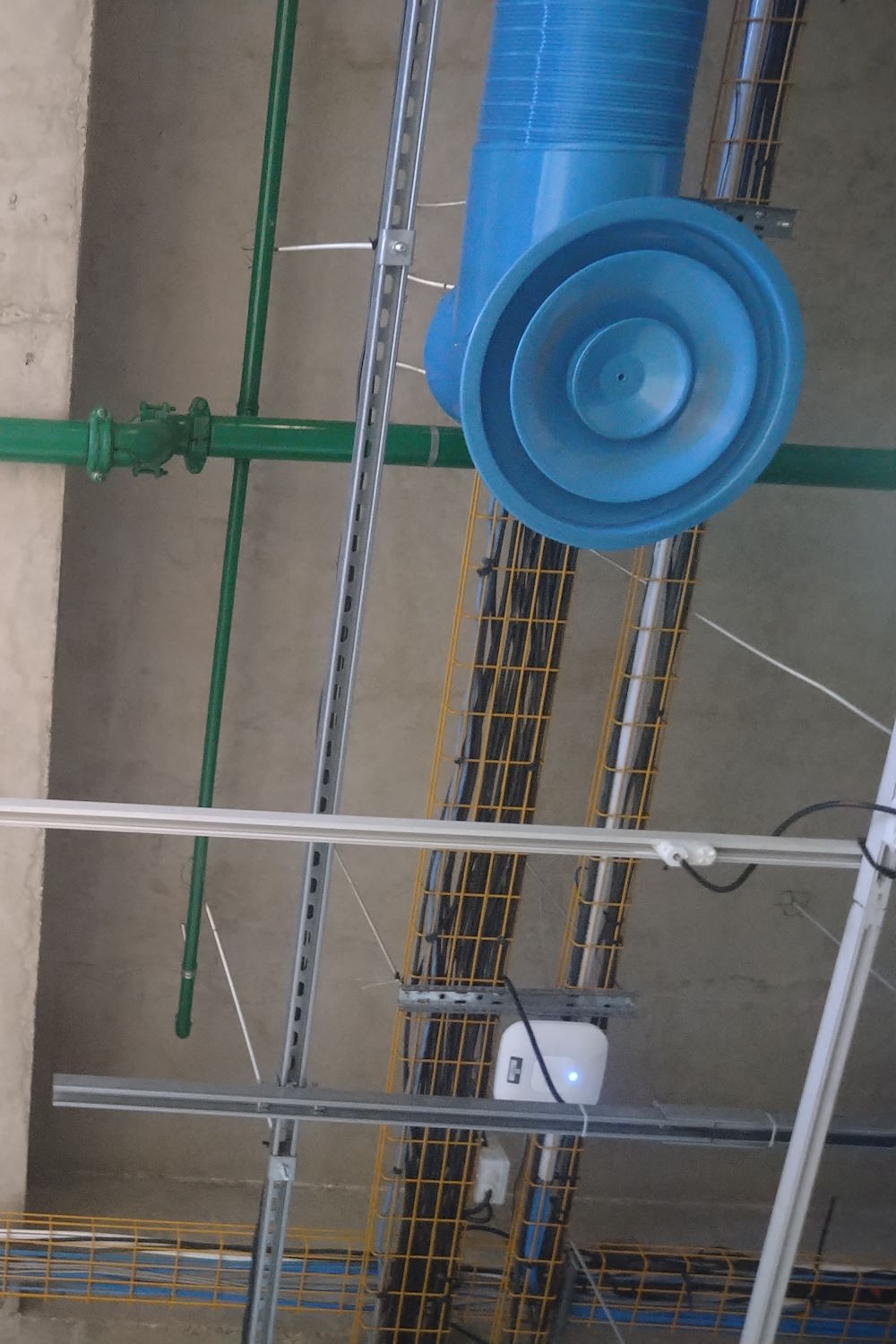
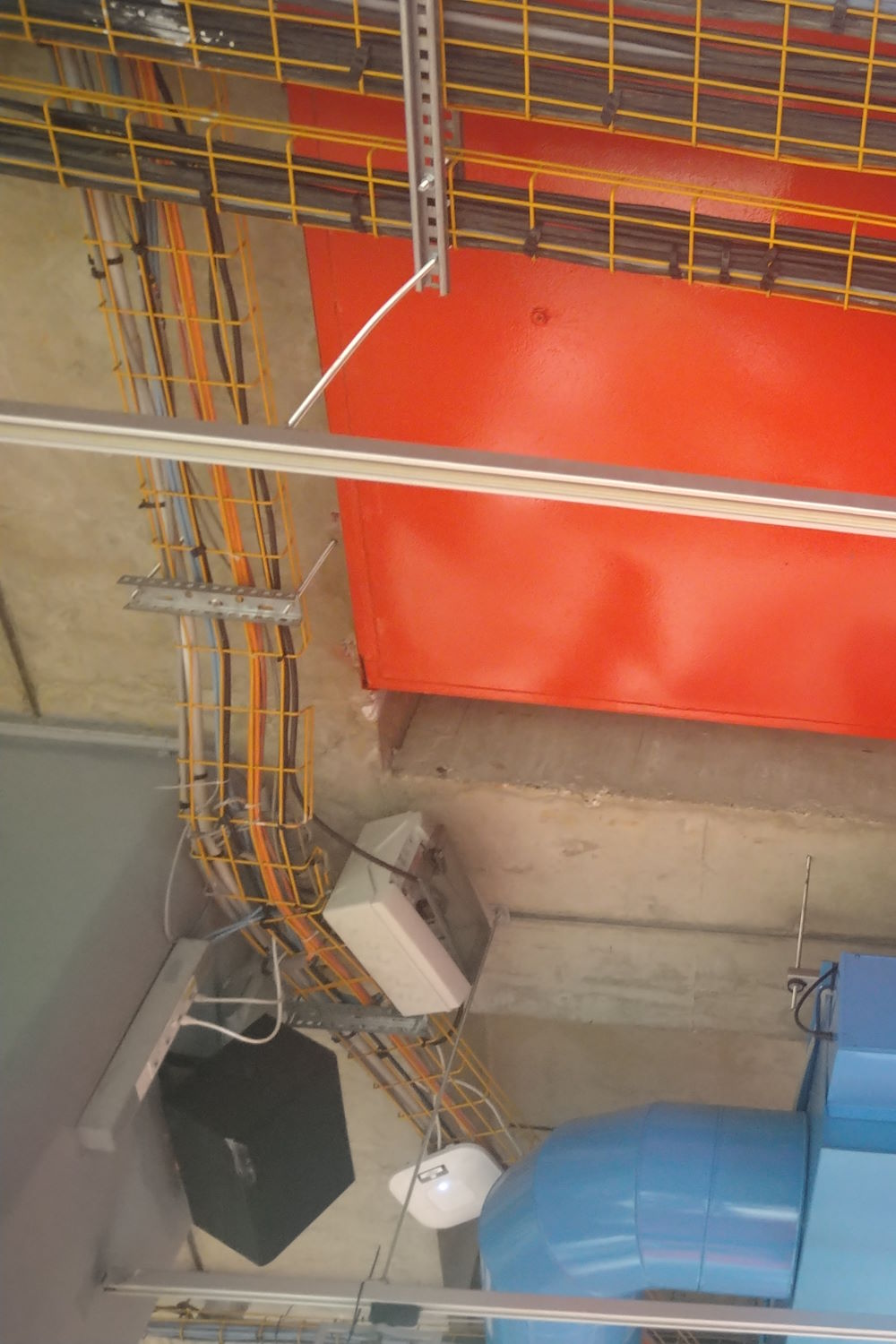
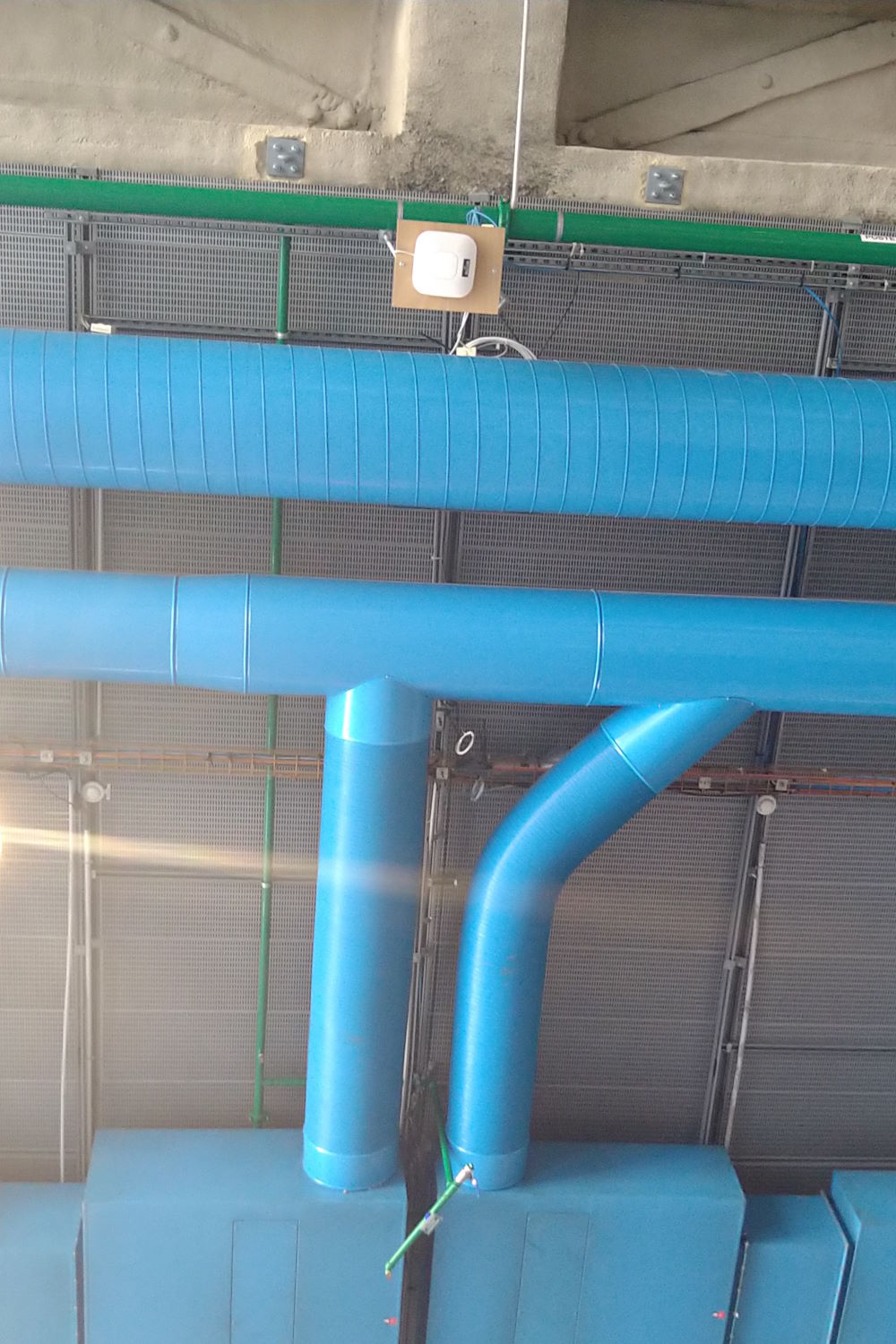
Spot the routers at Centre Pompidou!
Published: Thursday, 7 December 2023, 6:30 PM
Tags:
research, academic, programming languages, design, architecture
Read the complete article
Where programs live? Vague spaces and software systems
Architecture and urban planning have been a useful source of ideas for thinking about programming. I have written various blog posts and a paper Programming as Architecture, Design, and Urban Planning that argue why and explore some of those ideas. Like urban planning and architecture, the design of any interesting software system deals with complex problems that can rarely be analysed in full and with structures that will continue to evolve in unexpected ways after they are created.
My most recent reading on cities was a book The City Inside Out (Czech only, unfortunately) that explore places referred to as terrain vague. This term refers to unused and abandoned spaces that have lost their purpose or do not have a clear use, but are used in various ways nevertheless. For various historical reasons, there seem to be quite a few of such places in Prague (Figure 1) and, more generally, Central European cities, which is the focus of the book.
The book is an interesting inspiration for thinking about programming in many ways. It uses an inter-disciplinary approach ranging from history and philosophy to archaeobotany, which is much needed for thinking about programming too. (Not archeobotany, but inter-disciplinary thinking certainly!) More specifically, it makes you think about the concept of a space in which cities and programs exist, how the spaces inhabited by the two differ, what would it look like if they were different and what structures get created in those spaces as a result of social and technical forces.

Figure 1. Nákladové nádraží (freight railway station) Žižkov - an example of a large
space in Prague that no longer serves its original purpose (photo source)
Published: Friday, 10 February 2023, 11:44 PM
Tags:
research, academic, programming languages, design, architecture
Read the complete article
The Timeless Way of Programming
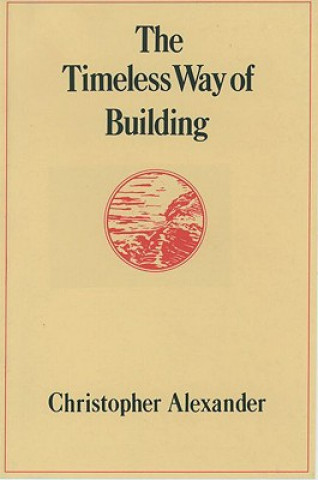
Figure 1. The Timeless Way of Building - Christopher Alexander
Many programmers know the name of the architect Christopher Alexander for his work on design patterns that has been adapted into the world of programming. A lot of people know of the, sometimes ridiculed, patterns like strategy (functions!) or visitor (pattern matching!) and some have read the Gang of Four design patterns book that introduced them. A few people know of the Patterns of Software book by Richard P. Gabriel, which is a much more profound reflection on software inspired by the work of Christopher Alexander. And almost nobody has actually read Christopher Alexander's books. (Thanks in advance for reminding me on Twitter that I am mistaken...)
I read Alexander's Notes on the Synthesis of Form a couple of years ago, and used it as one of the sources for ideas in my recent Onward! essay on architecture, design and urban planning, but I did not know his other work. Only recently, after Christopher Alexander died, I finally ordered two books that are most directly about design patterns, The Timeless Way of Building and A Pattern Language.
This post is a somewhat unorganized collection of thoughts triggered by reading of The Timeless Way of Building, including my understanding of Alexander's work, some critical thoughts and on the applications of his ideas to software.
Published: Thursday, 1 September 2022, 2:03 AM
Tags:
academic, research, programming languages, architecture, design
Read the complete article
Software designers, not engineers: An interview from alternative universe
While the physicists investigate the nature of the mysterious portal that has recently appeared in North London, several human beings recently came through the portal, which appears to be a gate into an alternative universe. As we understood from the last two people coming through the portal, it seems to be a linked with a universe that is in many ways like ours, reached about the same level of social and technological development, but differs in numerous curious details. The paths through which people in this alternative universe reached similar results as our world are often subtly different.
The most recent visitor from the alternative universe is Ms Zaha Atkinson, who would most likely be titled software engineer in our world, although the title she uses in her home world is software designer. She is a well-known software designer and has been also titled using the strange-sounding title softwarenova, a label that we will soon say more about. As with other technological and societal developments, the alternative universe seems to have arrived at very similar results as our worlds. Software is eating the (alternative) world, but it is built in very different ways. The interview with Ms Zaha Atkinson, presented below, reveals how very different the world of software is when we think of programmers as software designers rather than as software engineers.
This article is a work of fiction. Any resemblance to actual events or persons, living or dead, may or may not be entirely coincidental. It has been largely inspired by the book Designerly Ways of Knowing by Nigel Cross. Ms Zaha Atkinson also may or may not be entirely fictional.
Published: Monday, 19 April 2021, 2:30 PM
Tags:
academic, research, design, philosophy, architecture
Read the complete article
On architecture, urban planning and software construction
Despite having the term science in its name, it is not always clear what kind of discipline computer science actually is. Research on programming is sometimes like science, sometimes like mathematics, sometimes like engineering, sometimes like design and sometimes like art. It also has a long tradition of importing ideas from a wide range of other disciplines.
In this article, I will look at ideas from architecture and urban planning. Architecture has already been an inspiration for design patterns, although some would say that we did quite poor job and imported a trivialized (and not very useful) version of the idea. However, there are many other interesting ideas in architecture and urban planning worth exploring.
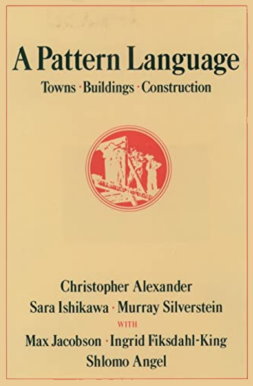
To explain why learning from architecture and urban planning is a good idea, I will first discuss similarities between problems solved by architects or urban planners and programmers. I will then look at a number of concrete ideas that we can learn, mostly taking inspiration from four books that I've read recently. There are two general areas:
-
First, writing about architecture and urban planning often uses interesting methodologies that research on programming could adopt to gain new insights into systems, programming and its problems.
-
Second, there are a number of more concrete ideas in architecture and urban planning that might directly apply to software. For example, can programmers learn how to deal with complexity of software by looking at how urban planners deal with the complexity of cities? Or, can we learn about software maintenance by looking at how buildings evolve in time?
The nature of problems that programmers face are often more similar to the problems that architects and urban planners have to deal with than, say, the problems that scientists, engineers or mathematicians need to solve. We might not want to go all the way and completely rebuild how we do programming to mirror architecture and urban planning, but treating the ideas from those disciplines as equal to those from science or engineering will make programming richer and more productive discipline.
Published: Wednesday, 8 April 2020, 12:13 AM
Tags:
academic, programming languages, philosophy, design, architecture
Read the complete article
